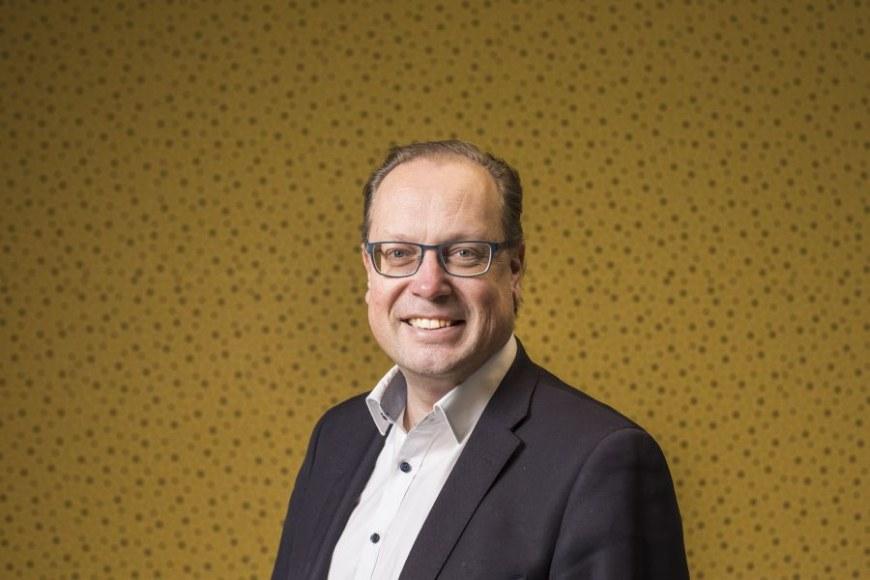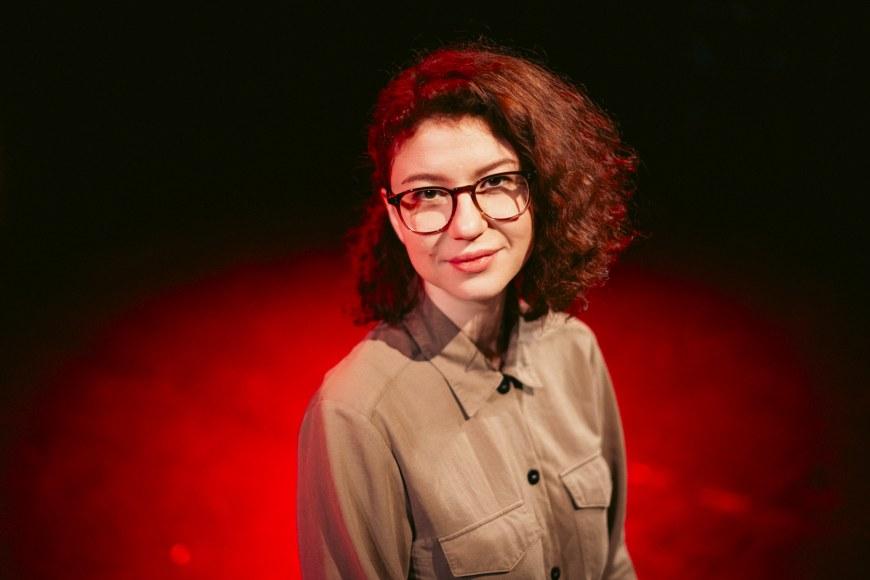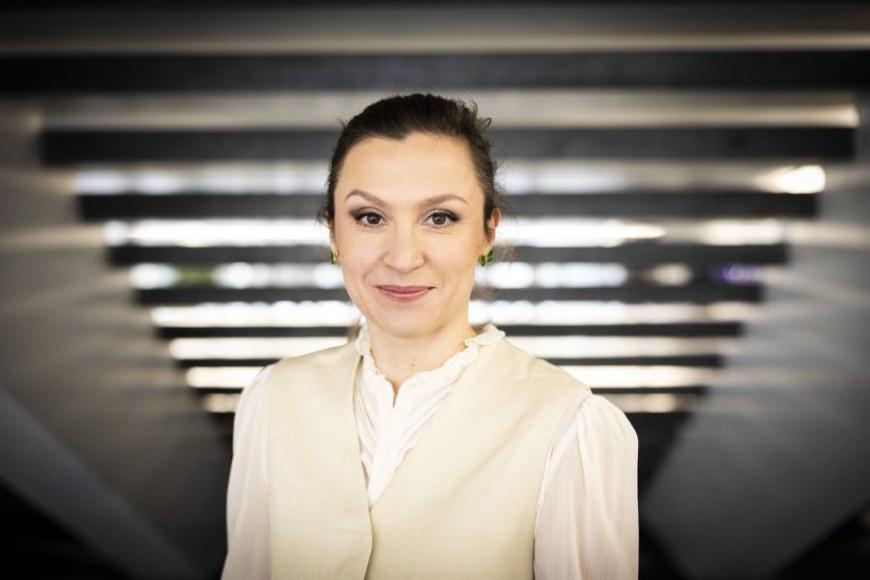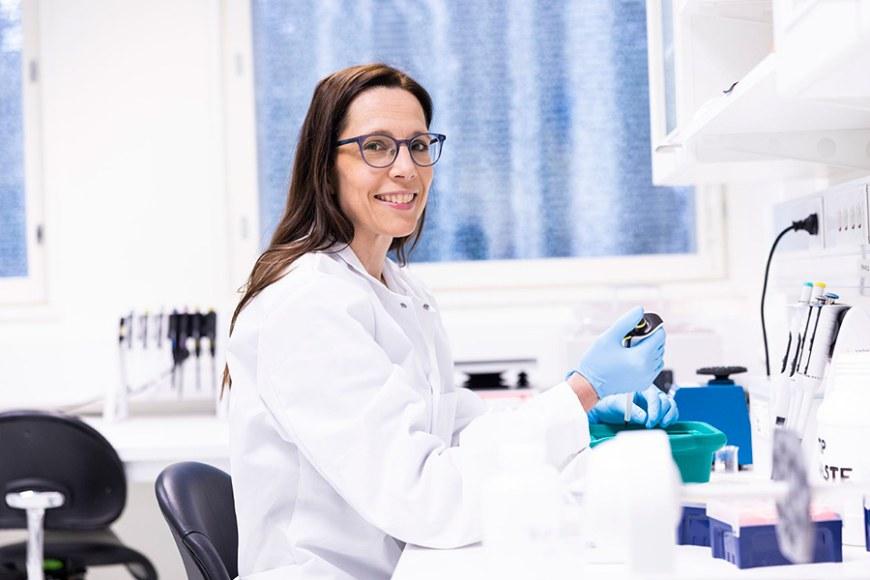Tapio Visakorpi looks forward to seeing positive turbulence at Tampere University

By his own account, Tapio Visakorpi started his career as a devoted scientist who gradually transitioned to administrative roles. The next step in his career is coming up in January 2022, when Visakorpi takes up his appointment as vice president for research at Tampere University.
According to Visakorpi, supporting the faculties will be his most important responsibility in his new role.
“The key is to create an environment that paves the way for researchers to succeed. Of course the faculties are also committed to providing their researchers with an optimal working environment, but I also find it important to develop activities across the faculties. This also includes aspects relating to funding and research infrastructures at the University level.”
Visakorpi takes up his new position amidst turbulent times. The merger between the two former universities to create Tampere University, the subsequent cooperation negotiations and the ongoing development of the University's facilities have an impact on the day-to-day running of the University. Visakorpi is not concerned about the situation but smoothing out the bumps is necessary so we can see the road ahead.
“The merger was an enormous undertaking, so turbulence was only to be expected, although unfortunate. But it will eventually pass,” Visakorpi says.
“The cooperation negotiations and the facilities programme have and will continue to create ripple effects for some time. Still, we should all remember that their goal is to ensure that we can continue developing, for example, the University’s research activities despite limited financial resources. Measures are now being taken to ensure that we have the resources to do so.”
Decisive action must be taken in response to funding cuts
Visakorpi has served as dean of the Faculty of Medicine and Health Technology at Tampere University since the beginning ow 2019 and is closely familiar with the University’s finances. Visakorpi points out that the finances of universities have been tight for a long time.
“We have long been in a situation where universities have had adapt to budget cuts despite increasing student numbers. It is important to break out of this vicious cycle, and this takes resources, or money to be exact.”
In the past year, the public funding of universities has made headlines in Finland. The Government’s plans to permanently cut Finland’s science budget by €35 million sparked cries of dismay in the spring of 2021. Funding cuts amounting to €40 million were again proposed in the autumn. The cuts were cancelled, but the science budget will again come up in the Government's budget session in the spring of 2022.
Visakorpi is worried about the position and funding of research in Finland and finds that decisive action is called for.
“The Government keeps a tight rein on public spending. The university funding index has been cut or halved, research funding has been reduced and, for example, the amount of funding that universities receive from Business Finland has plummeted. On a positive note, the funding awarded by foundations has increased, which has been especially important in the field of medicine. Finland is now largely relying on foundations to give out research grants,” Visakorpi says.
As public funding is limited and a costly health and social services reform is also underway in Finland, Visakorpi is not expecting to see a major increase in research funding.
“There has been a great deal of talk about increasing funding for research, development and innovation. This talk has continued for close to two decades and the plans have come to nothing, so it is hard not to remain sceptical.”
According to Visakorpi, it is important to rethink funding. We should find out how we can use existing funding to generate more funding and look into new sources of funding. We also need to figure out how to encourage more companies to collaborate with the University.
Researchers chase the ultimate adrenaline rush
Although Visakorpi has made the transition to administrative roles, he sees himself first and foremost as a researcher.
The most important highlight of his career was in the 1990s when Visakorpi and his research group discovered a genomic change that causes prostate cancer to relapse during hormone therapy. The findings resulted in a paradigm shift that led to the discovery of new drugs.
“I was working as a postdoctoral research fellow at the time, and I was unsure if I had what it takes to succeed in the competitive academic landscape. The important discovery restored my confidence and helped me move my career forward.”
Visakorpi ended up as a cancer scientist specialising in prostate cancer as a result of a happy accident.
“In the early 1990s, two young group leaders, Olli Kallioniemi and Jorma Isola, were launching a major research project on prostate cancer. They hired me to join their research group. Gradually, my interest in studying prostate cancer grew. Kallioniemi and Isola were distinguished researchers, and joining their group was a great opportunity,” Visakorpi notes.
Visakorpi says that working in research is extremely motivating if one is passionate about uncovering new insights. It is one of those rare careers that can give you the feeling of having achieved a real breakthrough.
“Perhaps musicians experience a similar adrenaline rush as researchers. It is extremely rewarding to make new discoveries and win the respect of the international scientific community. But working as a researcher is hard, there are no two ways about it. It takes real commitment and dedication.”
Tampere University has succeeded in fostering collaboration across disciplinary boundaries, Visakorpi finds. There is a great deal of multidisciplinary research and collaboration across the three priority areas – technology, health and society – underway at the University.
“Our University has great potential for success if we do things right. There is so much excellent research going on, and I firmly believe in the continued success of the University. I hope the university community can also see all the potential that we have,” Visakorpi says.
“But I have to say I do not advocate smooth sailing. Universities need positive turbulence.”
Who?
- MD Tapio Visakorpi.
- Docent of cancer biology at the University of Tampere, 1996.
- Professor of cancer genetics at the University of Tampere, 2002.
- Winner of the 1999 Young Researcher Award.
- Member of the Finnish Academy of Science and Letters since 2007.
- Dean of the Faculty of Medicine and Life Science at the University of Tampere, 2017.
- Dean of the Faculty of Medicine and Health Technology (MET) at Tampere University, 2019.
- Member of the Boards of the Emil Aaltonen Foundation and the Support Foundation of Tampere University Hospital, continues to serve on the Board of Cancer Foundation Finland until the end of 2021. Member of the committee of the Pirkanmaa Regional Fund of the Finnish Cultural Foundation.
- Takes up a five-year appointment as vice president for research at Tampere University on 1 January 2022.
Text: Sari Laapotti
Photo: Jonne Renvall





